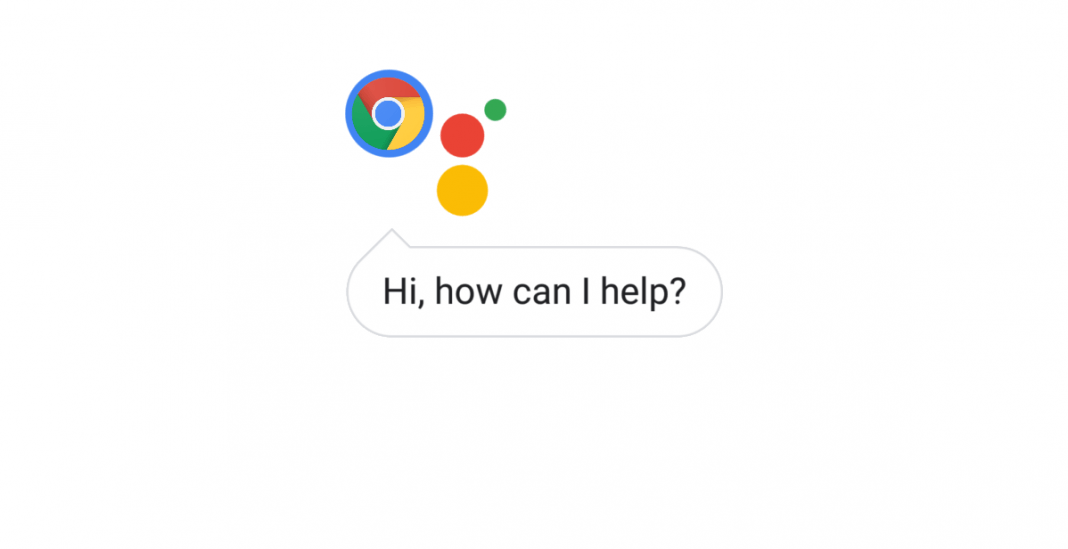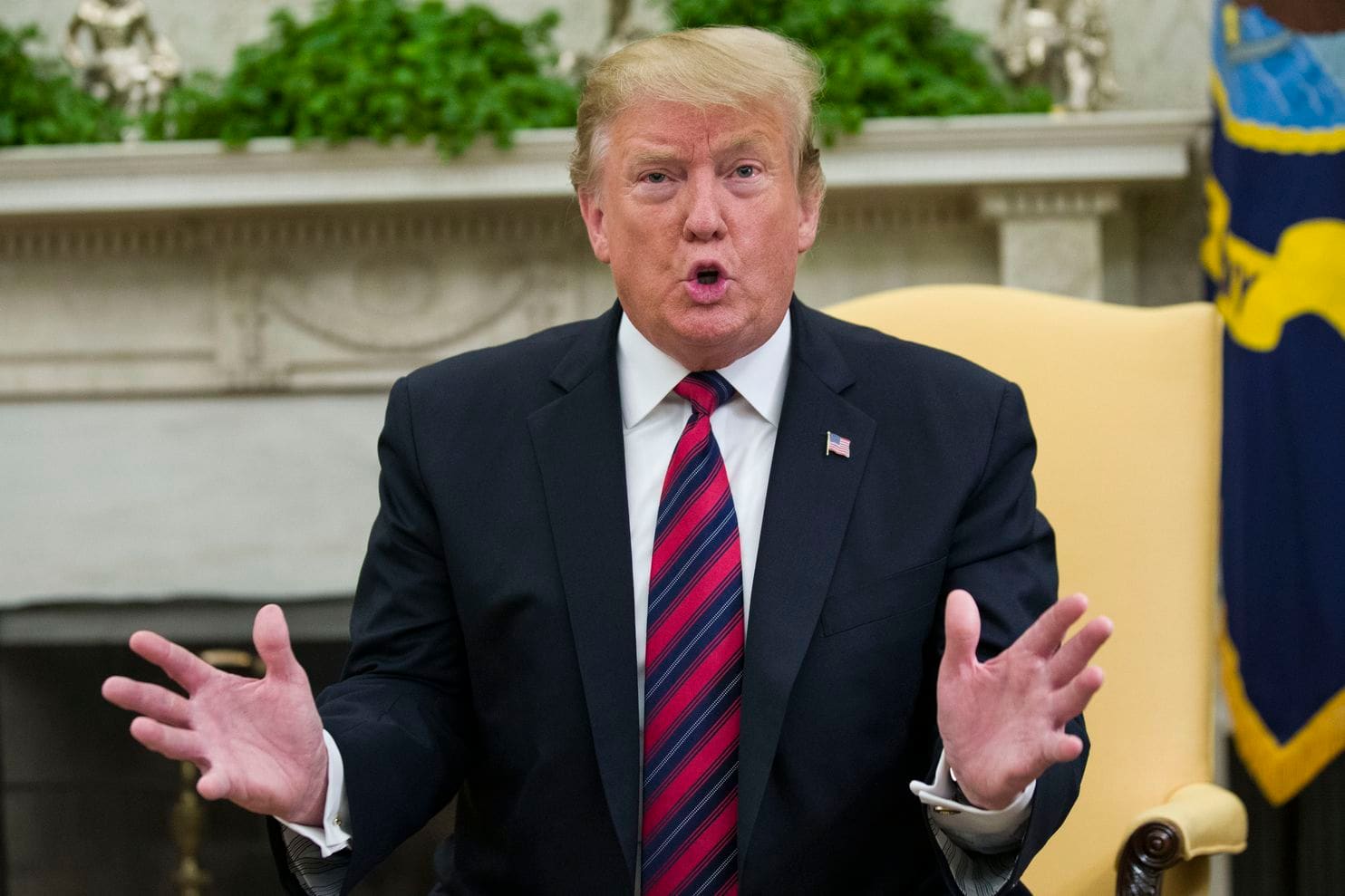
Google is stepping up its AI Assistant technology, making it central to all platforms to get a jump on Amazon Alexa and Apple‘s Siri. President Donald Trump was angered when Facebook banned some of his extremist supporters and is threatening to monitor social media now.
When Google launched its now distinctive digital assistant in 2016, it was already in danger of being an also-ran.
At the time, Amazon had been selling its Echo smart speaker, powered by its Alexa voice assistant, for more than a year. Apple’s Siri was already five years old and familiar to most iPhone users. Google’s main entry in the field up to that point was Google Now, a phone-bound app that took voice commands but didn’t answer back.
Now the Google Assistant — known primarily as the voice of the Google Home smart speaker — is increasingly central to Google’s new products. And even though it remains commercially overshadowed by Alexa, it keeps pushing the boundaries of what artificial intelligence can accomplish in everyday settings.
For instance, Google last year announced an Assistant service called Duplex, which it said can actually call up restaurants and make reservations for you. Duplex isn’t yet widely available yet outside of Google’s own Pixel phones in the U.S. Alexa and Siri so far offer nothing similar.
Google is expected to announce updates and expansions to its AI Assistant at its annual developer conference Tuesday.
Although voice assistants have spread across smartphones and into cars and offices, they’re currently most commonly found in the home, where people tend to use them with smart speakers for simple activities such as playing music, setting timers and checking the weather. Amazon’s Echo devices maintain a strong lead in the market, according to eMarketer ; the firm estimates that 63% of all U.S. smart speaker users will talk to an Amazon device this year, compared to 31% that will use Google. Apple’s HomePod is a mere afterthought, lumped in the “other” category which has a combined 12%.
More broadly, though, the competition is much more difficult to assess. Google claims the Assistant is now available across more than a billion devices, although many of those are smartphones whose owners may never have uttered the Assistant’s wake-up phrase, “OK Google.”
Amazon and Google may one-up each other on different metrics, but the real measurement is how well they’ve achieved those own goal, said Gartner analyst Werner Goertz.
Amazon’s deep ties in shopping make Alexa the go-to assistant for adding items to your grocery list or putting in a quick re-order of dish soap. Google’s decades of deep search technology make it the leader in looking up or answering questions you might have and personalizing its responses based on what else Google knows about you from your previous searches, your movements or your web browsing.
All that, of course, reinforces Google’s key advertising business, which is based on showing you ads targeted to your interests.
At first, the Assistant on Home mostly just acted as a vocal search engine; it could also carry out a few additional tasks like starting your Spotify playlists. Over time, however, it has added dozens of languages, partnered with more than 1,500 smart home companies to control lights, locks and TVs and learned to identify members of any given household by voice.
It’s also expanded the number of apps and other companies it works with and moved into Google Maps as a way to send text messages while driving.
Both Google and Amazon plan further expansions. Last year, Amazon unveiled a number of home gadgets with Alexa built in, including a “smart” microwave. At the CES gadget show this year, it showed off a phone-connected device that brings Alexa to cars.
Google countered with updates to its expanding Android Auto system, which got Assistant capability last year.
As Assistant and Alexa get smarter, faster and more personalized, analysts expect their reach to become broader and more ubiquitous. The speakers, said eMarketer analyst Victoria Petrock, are “getting people used to talking to their devices.” Eventually, she says, if you can speak to your microwave and TV and lights directly, you won’t need the speakers — except maybe to play music.
In these emerging areas Google is hoping to outflank rivals with its strong inroads with Android smartphones and cars. But it faces competition in many of these areas not just from Amazon, but also Apple and Microsoft.
Google I/O kicks off at 10 a.m. Tuesday in Mountain View, California. The company is expected to announce a less expensive Pixel phone and updates to its smart home devices.
Donald Trump Goes After Facebook Ban
President Donald Trump criticized social media companies after Facebook banned a number of extremist figures, declaring that he was “monitoring and watching, closely!!”
Trump, who tweeted and re-tweeted complaints Friday and Saturday, said he would “monitor the censorship of AMERICAN CITIZENS on social media platforms.” He has previously asserted that social media companies exhibit bias against conservatives, something the companies have rejected as untrue.
The president’s comments came after Facebook this week banned Louis Farrakhan, Alex Jones and other extremists, saying they violated its ban on “dangerous individuals.” The company also removed right-wing personalities Paul Nehlen, Milo Yiannopoulos, Paul Joseph Watson and Laura Loomer, along with Jones’ site, Infowars, which often posts conspiracy theories. The latest bans apply both to Facebook’s main service and to Instagram and extend to fan pages and other related accounts.
Facebook’s move signaled renewed effort by the social media giant to remove people and groups promoting objectionable material such as hate, racism and anti-Semitism. The company said it has “always banned” people or groups that proclaim a violent or hateful mission or are engaged in acts of hate or violence, regardless of political ideology.
On Twitter, Trump cited a number of individuals he said were being unfairly treated by social media companies, including Watson and actor James Woods. He insisted it was “getting worse and worse for Conservatives on social media!”
Woods, one of Hollywood’s most outspoken conservatives, has had his Twitter account locked. Twitter spokeswoman Katie Rosborough said Woods will need to delete a tweet that violated Twitter rules before he can be reinstated.
Trump tweeted: “How can it be possible that James Woods (and many others), a strong but responsible Conservative Voice, is banned from Twitter? Social Media & Fake News Media, together with their partner, the Democrat Party, have no idea the problems they are causing for themselves. VERY UNFAIR!”
Rosborough said Twitter enforces its rules “impartially for all users, regardless of their background or political affiliation.”
Trump, who uses Twitter extensively to push his message, recently met with Twitter CEO Jack Dorsey at the White House after attacking the company and complaining that it was not treating him well because he was a Republican. He later described it as a “great meeting.”
The president had more than social media on his mind Saturday. Trump also tweeted that he was holding out hopes for a deal with North Korea on its nuclear program, as well as improved relations with Russia, now that he feels the special counsel investigation is behind him.


